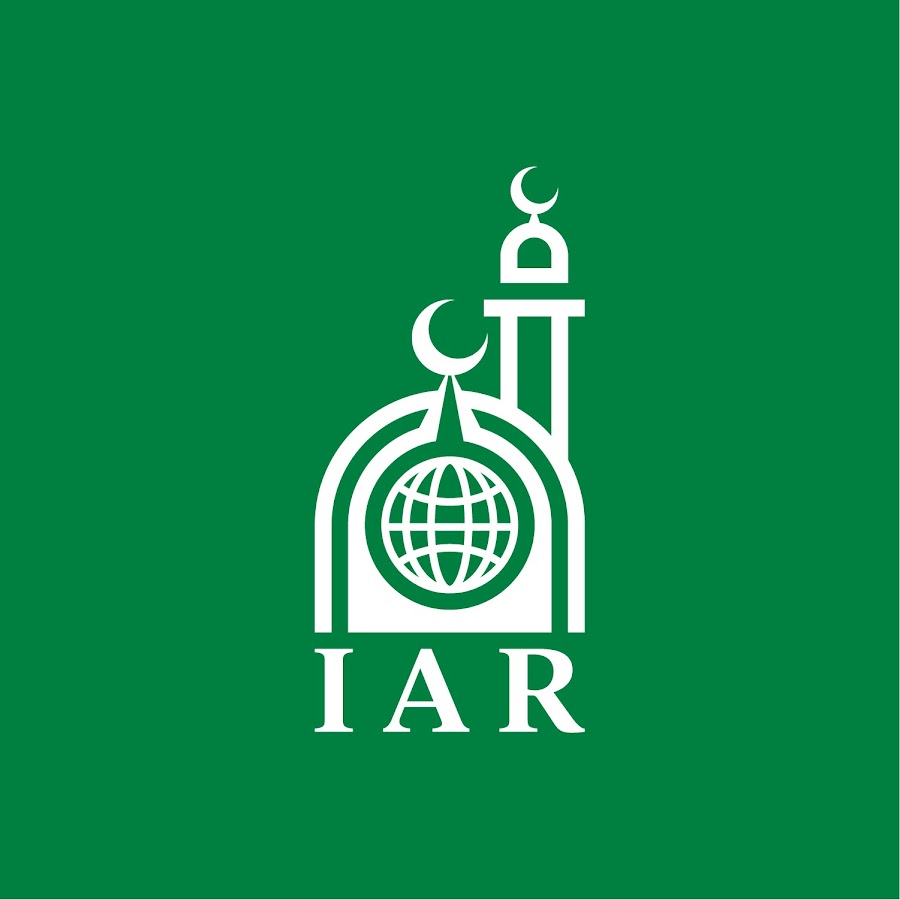Kutub: The Divine Books
Muslims believe in the concept of divine books, also known as “revealed scriptures,” which are messages sent by Allah (God) to guide humanity. These scriptures contain guidance, laws, and wisdom to help people lead righteous lives and establish a relationship with the Creator. While Muslims acknowledge several divine books, including the Torah (Tawrat), Psalms (Zabur), and Gospel (Injil), they hold the Quran as the final and complete revelation.
Here are key beliefs about divine books in Islam, with a focus on the Quran:
Belief in Divine Revelation: Muslims believe that Allah has communicated with humanity through divine revelation, providing guidance through various prophets over time. The revealed scriptures serve as a source of spiritual and moral guidance for humanity.
The Quran as the Final Revelation: The Quran is considered the final and complete revelation of Allah, sent down to Prophet Muhammad (peace be upon him) over a period of 23 years through the Angel Gabriel. It is regarded as the ultimate authority in matters of faith, belief, worship, and conduct for Muslims.
Preservation and Authenticity: Muslims believe that the Quran is preserved in its original Arabic text, without any alterations or distortions since its revelation over 1400 years ago. It is considered the literal word of Allah, free from human error or manipulation.
Guidance for All Humanity: The Quran is believed to be a universal message, addressing all of humanity regardless of time, place, or culture. Its teachings encompass all aspects of human life, providing guidance on matters of faith, morality, law, ethics, and spirituality.
Miraculous Nature: Muslims view the Quran as a miraculous revelation, both in its content and linguistic style. Its eloquence, coherence, and depth of meaning are considered beyond human capability, serving as a testament to its divine origin.
Comprehensive Guidance: The Quran covers a wide range of topics, including theology, morality, ethics, jurisprudence, social justice, family life, and spirituality. It offers solutions to contemporary challenges while providing timeless principles for human conduct and interaction.
Recitation and Memorization: Muslims revere the Quran and place great emphasis on its recitation, memorization, and study. The act of reciting and pondering over its verses is considered an act of worship and a means of spiritual enlightenment.
Source of Healing and Guidance: Muslims believe that the Quran contains healing for the hearts and souls of believers. Its verses provide solace, guidance, and direction in times of difficulty, doubt, or confusion.
Muslims believe in the divine origin and authority of the Quran as the final revelation sent by Allah to humanity. It serves as a comprehensive guide for personal conduct, societal norms, and spiritual enlightenment, embodying timeless principles of justice, compassion, and righteousness. The Quran occupies a central place in the lives of Muslims, shaping their beliefs, practices, and worldview, and serving as a source of inspiration and guidance for generations to come.
Recommended Reading
The following are additional articles of interest from WhyIslam.org
The Opener (First Chapter of The Quran)



